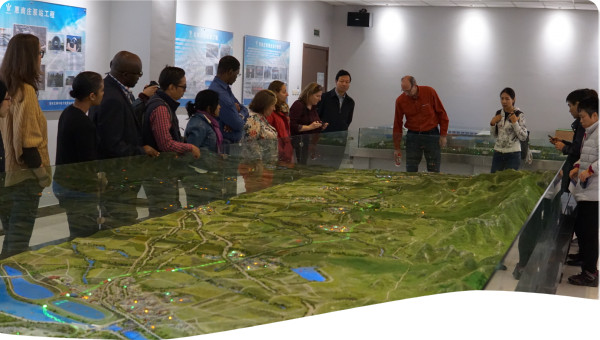Agent-based systems have been developed for many scientific applications and simulation studies to model a group of actors and their interactions based on behavioral rules. Agent-based models and multiagent systems simulate the emergence of system-level properties based on the actions of adaptive agents that interact with other agents, react to environmental signals, and optimize decisions to achieve individual goals. In water resources planning and management, agent-based modeling has been applied to explore, simulate, and predict the performance of infrastructure design and policy decisions as they are influenced by human decision making, behaviors, and adaptations. The goal of this paper is to provide a comprehensive introduction to agent-based modeling for water resources researchers, students, and practitioners, and to explore water resources systems as complex adaptive systems that can be studied using agent-based modeling. Agent-based modeling is defined, and the characteristics of complex adaptive systems that necessitate its use are described. A literature review is presented to demonstrate research in the field that uses agent-based modeling to gain insight for water resources management. Two illustrative case studies of agent-based water resources systems models are developed and described. The case studies demonstrate the use of reactive and active (e.g., optimizing) agents for simulating water resources planning problems. The limitations in applying agent-based modeling and the insights that are expected from further investigations are summarized.
Description / Abstract
Publication year
Thematic Tagging
English
 Resource -
Resource -
